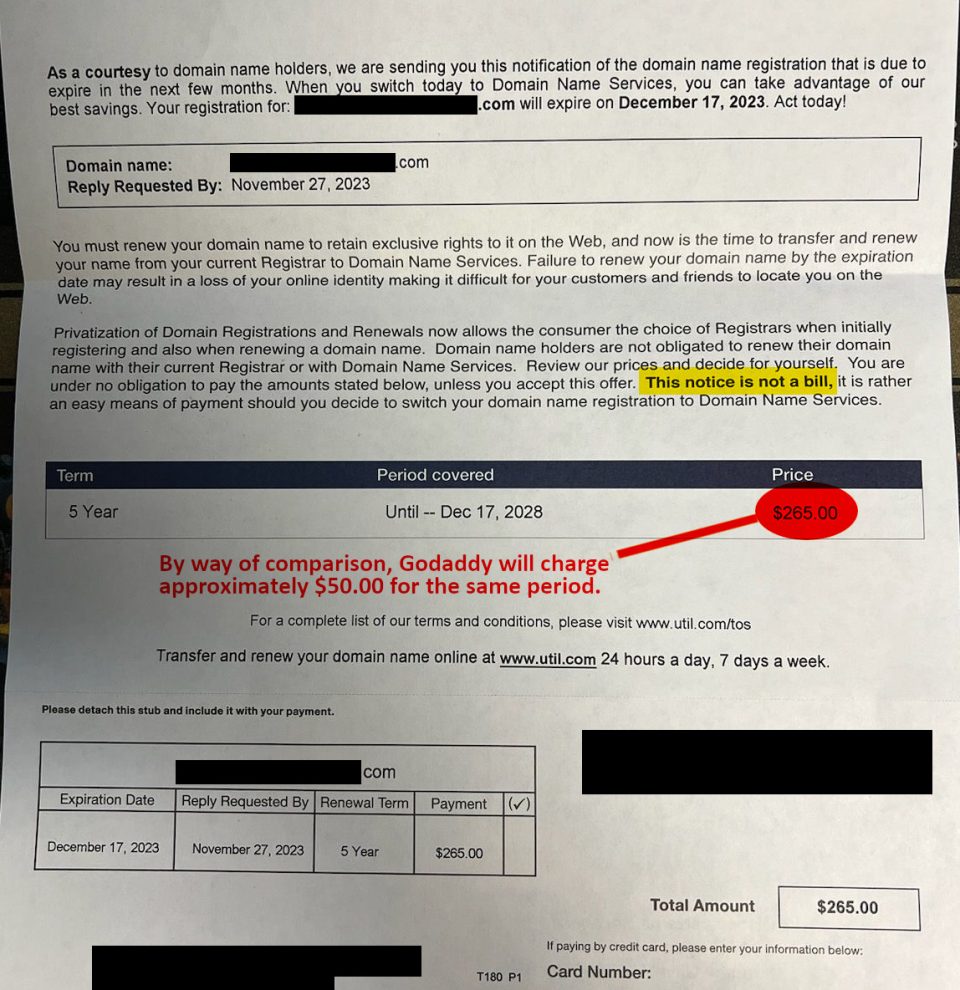backlinks, Google, google paid links, google sells links
Google: Do as I Say, Not as I Do
January 20, 2008
When Google comes down on everyone else for not using “nofollow” on external links, one would think that they would make sure they they were in compliance themselves. However, there are some examples of Google’s failure to follow their own policy and, therefore, are themselves contributing to the pollution of the Google Index.
To rehash, here is what Matt Cutts said on how a webmaster should treat a paid link:
If you want to sell a link, you should at least provide machine-readable disclosure for paid links by making your link in a way that doesn’t affect search engines. There’s a ton of ways to do that. For example, you could make a paid link go through a redirect where the redirect url is robot’ed out using robots.txt. You could also use the rel=nofollow attribute. I’ve said as much many times before, but I wanted to give a heads-up because Google is going to be looking at paid links more closely in the future.
And here is why that disclosure is so important to Google
As someone working on quality and relevance at Google, my bottom-line concern is clean and relevant search results on Google.
So, now that we have a better idea of how strongly Google feels about paid links, how are they doing? When they link out to someone who has paid them or entered into a partnership with them, are they using “nofollow” on those links? Let’s check a few.
Michael Gray has a great post that illustrates Google’s failure to follow their own policy about using “nofollow” on external links.
Golfballs.com gets a sweet PR6 backlink after using Google Product Search:
 If you check out that article on Google’s blog, you will even see that further down the page, Golfballs.com gets a super-sweet deep backlink from Google for the keyphrase “Titleist Pro V1 Golf Balls”. If you view source on that page, notice – no “nofollow”.
If you check out that article on Google’s blog, you will even see that further down the page, Golfballs.com gets a super-sweet deep backlink from Google for the keyphrase “Titleist Pro V1 Golf Balls”. If you view source on that page, notice – no “nofollow”.
Here is another one:
Google press release gives Motorola a nice little backlink
 Again, view source on that page – no “nofollow” applied to that link either.
Again, view source on that page – no “nofollow” applied to that link either.
Now, if one webmaster A entered into some type of financial partnership with webmaster B and, during an announcement of that partnership, webmaster A placed a backlink to webmaster B, webmaster A would be required to use “nofollow” on that link or run the risk of having PR removed. I filled out a “paid links report” on these pages, so maybe they will have their PR stripped along with the rest of us who did not use “nofollow” correctly.
Of course, I am sure that this is just an oversight. As Michael points out, Google intends on fixing it and this is certainly a relatively small issue. But why would they not make sure they are in compliance with their own policy before implementing a sweeping change that negatively impacted so many sites?
Kudos to Michael for finding these and he has several more examples listed on his blog.




